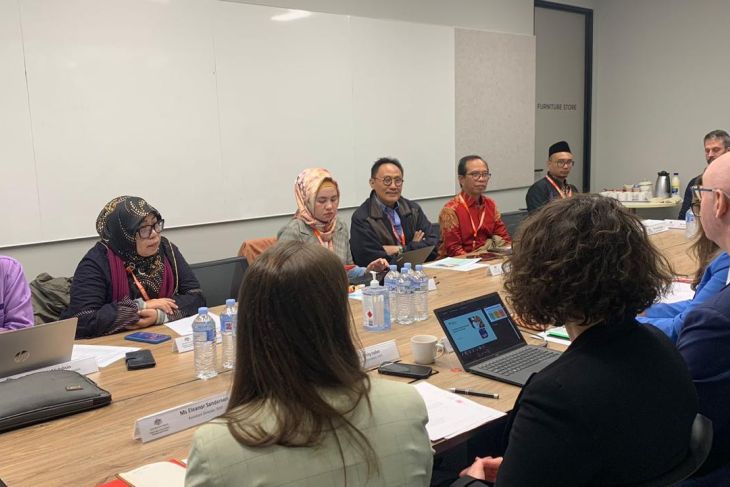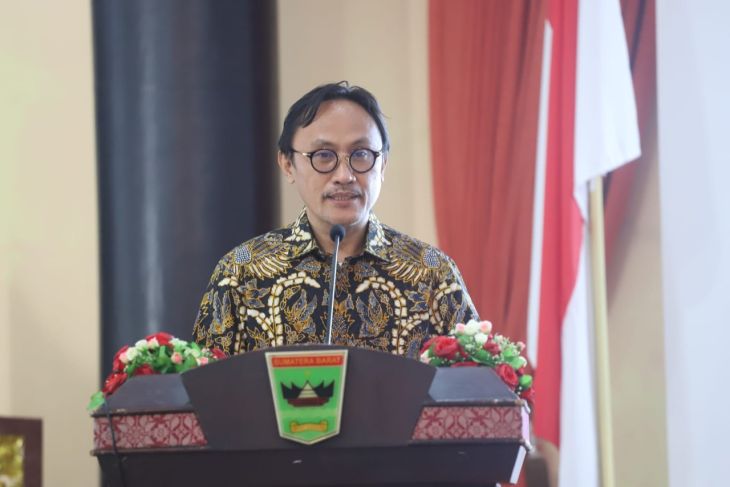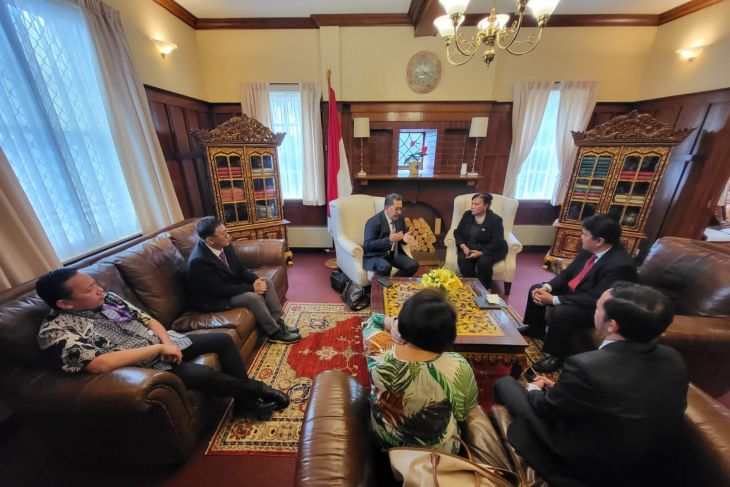ANTARA

An assessment team from the Halal Product Assurance Organizing Agency (BPJPH) during their assessment of overseas halal institutions (LHLN) in Australia on Wednesday, July 19, 2023. (ANTARA/HO-Religious Affairs Ministry/rst)
Head of BPJPH Muhammad Aqil Irham stated that the assessment was carried out based on accreditation submissions and the mutual acceptance of these institutions.
“For Australia, we have conducted an assessment since last Tuesday (July 18) for eight out of 15 Halal Certification Institutions in Australia that have submitted applications to cooperate with BPJPH. We started in Sydney, Brisbane, and Melbourne,” Irham noted in a statement received here on Friday.
Irham directly led the assessment team’s working visit and also held a meeting with the Australian Department of Agriculture, Fisheries, and Forestry (DAFF) in Sydney to open the series of working visits.
“We hope that the assessment process for the eight institutions will run smoothly. This process is very important for the two countries in carrying out future cooperation, especially in industrial development and trade in halal products between the two countries,” he affirmed.
Irham also lauded the enthusiasm of halal institutions in Australia for their willingness to collaborate with the Indonesian government.
He emphasized that reciprocal synergy in the Halal Product Guarantee should be accelerated and carried out in accordance with regulations.
Moreover, the acceleration of this cooperation could provide benefits for both countries, he stated.
Irham outlined that the eight Australian LHLNs assessed by BPJPH included the Supreme Islamic Council of Halal Meat Australia, Global Australian Halal Certification, Australian Halal Development & Accreditation, and Global Halal Trade Centre.
National Halal Accreditation Services Australia, National Halal Authority, Islamic Coordinating Council of Victoria, and Australian Halal Authority & Advisers also underwent the BPJPH assessment.
Earlier, in December 2022, the agency also conducted accreditation for three halal institutions in New Zealand.
Irham explained that the accreditation process was conducted to ensure that the standards used by halal assurance institutions in New Zealand are the same as those used in Indonesia, and it was no longer necessary to go through the halal certifying process to facilitate New Zealand’s products in entering Indonesia.



